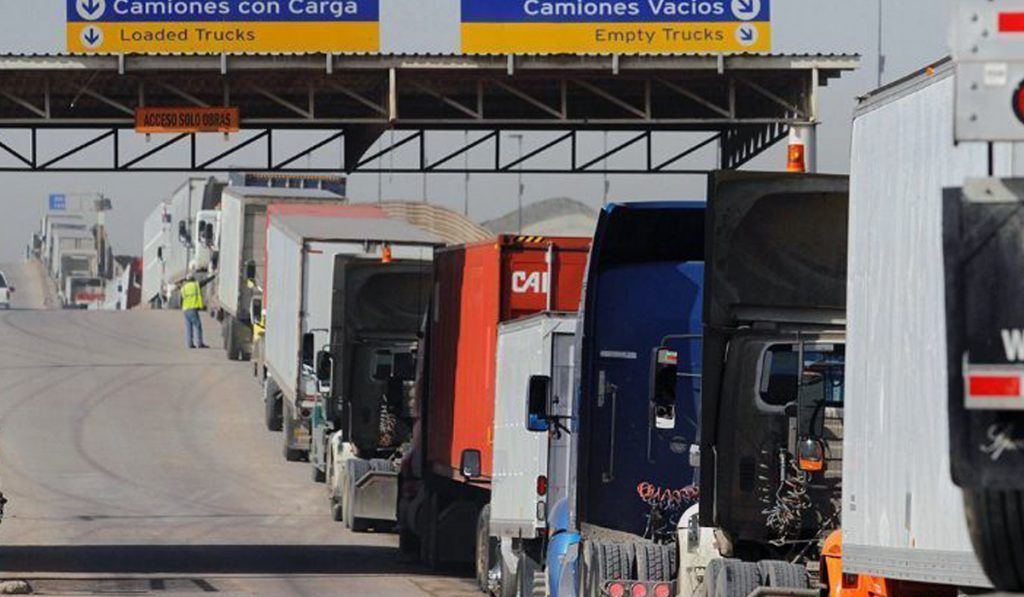The North American Development Bank (NADBank) approved financing for three projects, including the expansion of the Anzalduas Land Port of Entry in Texas, USA.
During the second quarter of 2022, NADBank’s Board of Directors approved the certification of the three projects to receive up to $144.1 million in loans.
The Anzalduas Land Port of Entry expansion project in Mission involves the construction of commercial inspection facilities on the U.S. side of the Anzalduas Bridge to support the processing of southbound and northbound loaded commercial vehicles.
The diversion of some commercial traffic from another bridge in the region will reduce net crossing times on both bridges, resulting in a net reduction in greenhouse gas emissions and criteria pollutants, including an estimated 19,563 metric tons of carbon dioxide (CO2) in its first year of operation.
To implement the project, NADBank approved a loan of up to $63.0 million.
NADBank
The second case involves the Zier Solar and Energy Storage Project in Kinney County, Texas.
The project consists of the design, construction and operation of a 160 MWAC solar farm and a 40 MWAC, two-hour battery energy storage system (BESS) to be constructed about ten miles west of Brackettville.
What is involved? Combining the energy storage system with the solar farm will increase its efficiency and reliability by storing the electricity produced during periods of high solar production and delivering it to the grid during peak demand periods.
During its first year of operation, the project is expected to produce electricity equivalent to the annual consumption of 30,286 households and avoid the emission of 186,398 metric tons/year of CO2. The Board approved a loan of up to $65.7 million for its implementation.
Mexico
Finally, NADBank approved the project to improve the wastewater collection system in Ciudad Juarez, Chihuahua.
Through this project, the local water utility (JMAS) will replace four large sewer pipes in the northwest area of the city, which have exceeded their useful life and are prone to leaks and failures.
The project will prevent the potential discharge of up to 22.8 million gallons per day of raw sewage that could affect the Rio Grande River. JMAS is expected to finance part of the project with debt and will conduct a bidding process in accordance with Mexican law.
The Bank is authorized to provide a loan of up to $15.4 million through its Mexican subsidiary, Corporación Financiera de América del Norte, S.A. de C.V. SOFOM E.N.R. (COFIDAN). In addition, the project will receive a grant through the Border Environmental Infrastructure Fund (BEIF).

